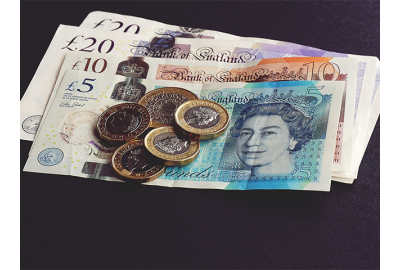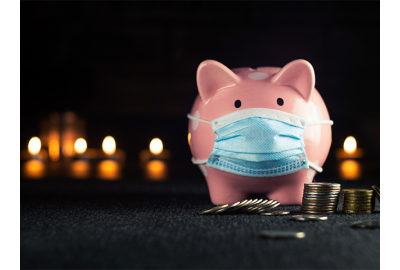What Are The Best Ways to Protect My Income If I Fall Ill?

You may not be able to predict the future, but you can plan for a worst-case scenario. In many cases, the worst-case scenario is suffering an illness and not being able to work.
If you are the principal breadwinner in your household, the lack of salary will significantly impair the lifestyle you and your family have become accustomed to.
Most employees receive the six-month statutory sick pay which may be enough to see you through your time off work.
However, if your illness extends beyond the minimum period, you will have to rely on savings and the meagre benefits offered by the government.
Fortunately, there are alternative means to protect your income if you should fall ill.
Short Term Income Protection (STIP)
Arguably one of the most overlooked types of insurance is short-term income insurance. Also known as Accident and Sickness Income Protection, STIP ensures you have sufficient funds to pay your mortgage, bills, and other family expenses.
As the name implies, STIP policies only cover you for a short-term, typically 24 months although they are available for up to 5 years. You can also take out cover for one year.
Short term income protection covers you for unforeseen accidents and illnesses that prevent you from working. Most policies will pay between 50-60% of your usual salary or £2000 per month, whichever is lower.
With Bettersafe Income Protection insurance you will receive 65% of your normal income or the maximum of £2000 per month.
The reason for the reduction in the amount of compensation you receive considers the state benefits you are entitled to. In addition, pay-outs under income protection insurance policies are tax-free.
You will not be able to claim immediately on your income protection. The minimum wait is usually four weeks. If you receive 6-months of statutory sick pay, you will not need to make a claim until your regular salary is stopped.
Income Protection Criteria:
Before you are entitled to claim income protection on your policy, you must fulfil certain criteria:
- You must be employed and receiving a salary at the time of the accident or injury.
- You must be aged between 16-56 (and in a paid occupation)
- You should be in good health when you take out the policy.
Short-Term Income Protection Policies Do Not Cover The Following:
- Self-inflicted injuries
- Illnesses you were aware of before taking out the insurance policy.
- Illnesses or accidents, that are the result of drug or alcohol abuse.
- Early retirement, voluntary redundancy, or seasonal unemployment.
- Loss of employment due to coronavirus.
- If you were aware of redundancy prior to taking out the policy.
- During the agreed deferred period.
Critical Illness Insurance
Critical illness insurance covers you for long-term illnesses that are considered serious such as cancer, stroke, heart attack, loss of limbs etc. check what the policy covers before you sign.
These types of policies cover you for illness and accidents, but the pay-out is received in a lump sum. You, therefore, must manage your finances more carefully than you do when you receive regular payments through short-term income protection.
For more details about income protection, contact a member of our knowledgeable team.





